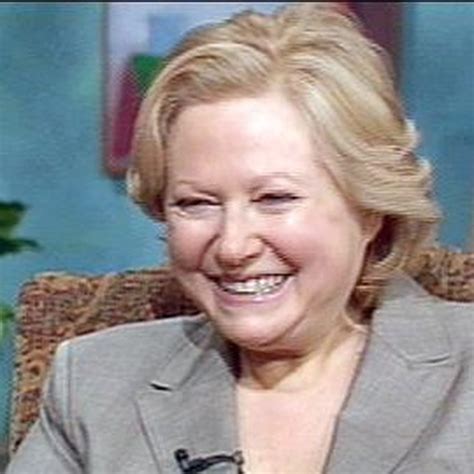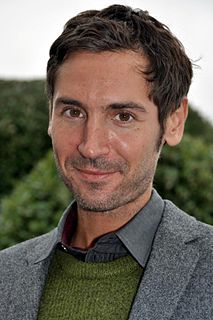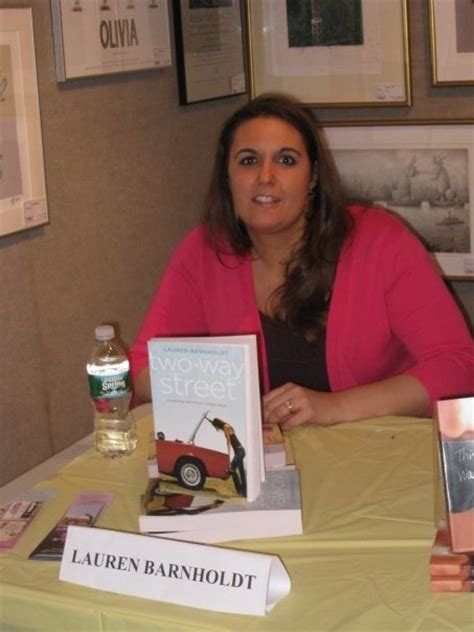A Quote by Ashleigh Brilliant
If you have something to say and say nothing, you are really telling a lie.
Related Quotes
We were trying to make our lives easier, trying, with all our rules, to make life effortless. But a friction began to arise between Nothing and Something, in the morning the Nothing vase cast a Something shadow, like the memory of someone you've lost, what can you say about that, at night the Nothing light spilled from the guest room spilled under the Nothing door and stained the Something hallway, there's nothing to say.
Another way to put an end to self-rejection is ask yourself whether what you're telling yourself is what a friend would say, or what an enemy would. Friends are supportive. Enemies put us down and undermine our confidence. So if you say something that an enemy would say, stop. Answer back, 'I'm going to be supportive of myself. As a friend, what I have to say to myself is . . .' Then say something supportive.
There are people who believe everything is sane and sensible that is done with a solemn face. ... It is no great art to say something briefly when, like Tacitus, one has something to say; when one has nothing to say, however, and none the less writes a whole book and makes truth ... into a liar - that I call an achievement.
If you're going to say you're Catholic, you inform your conscience so that you're activities will conform to what God is telling us through the Church. If God is telling you something outside of that, well, the Church will look at that and say: we think it is true or we don't think it is true. The Church might say: that might be true for you but it has no public normative value.
Because sometimes when someone is telling you something really important, it’s best to just let there be silence, to really think about what they’re saying. A lot of times people think they have to say something all insightful or wise or something to try and make the person feel better. But really, sometimes silence is best.



































